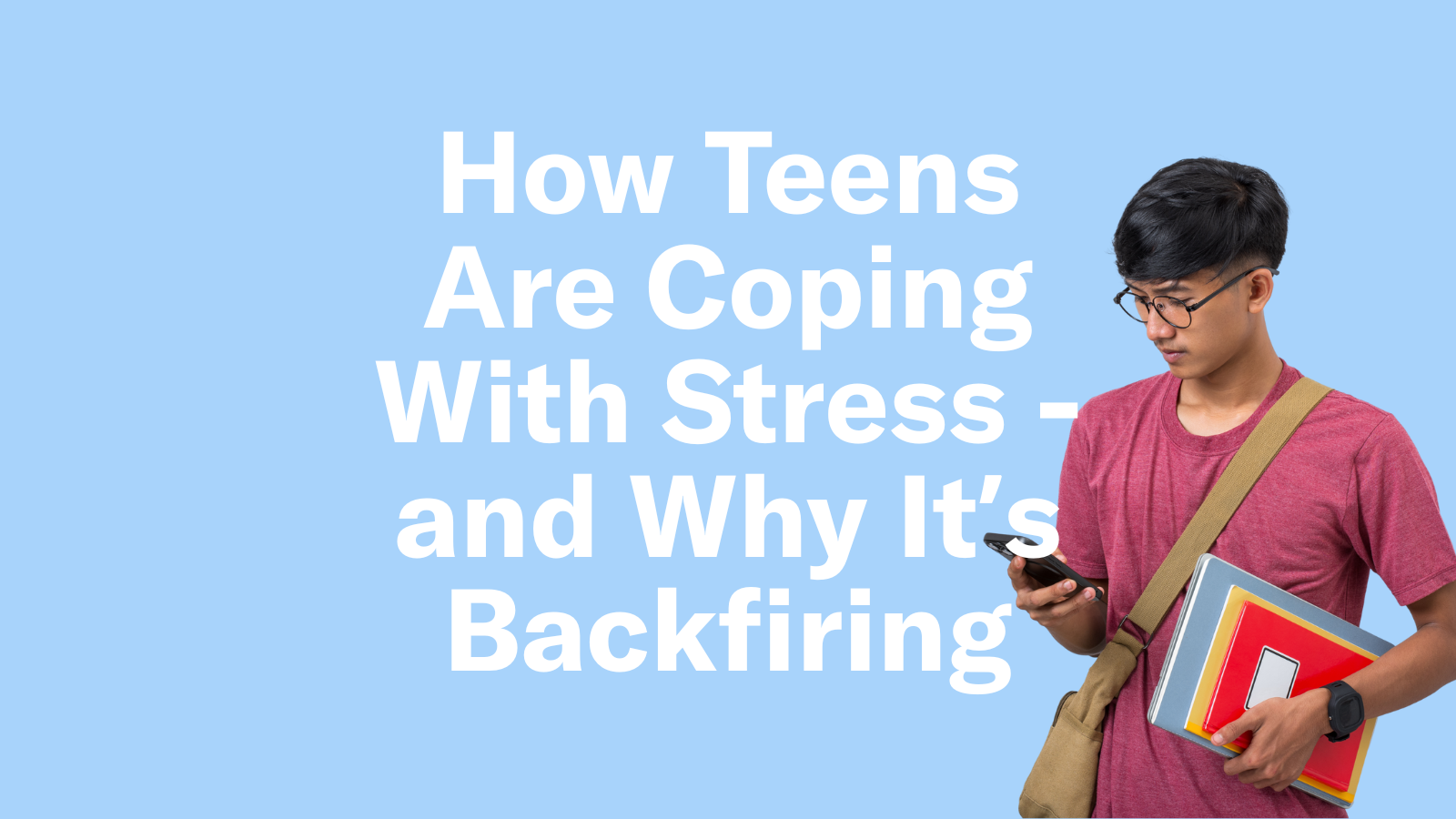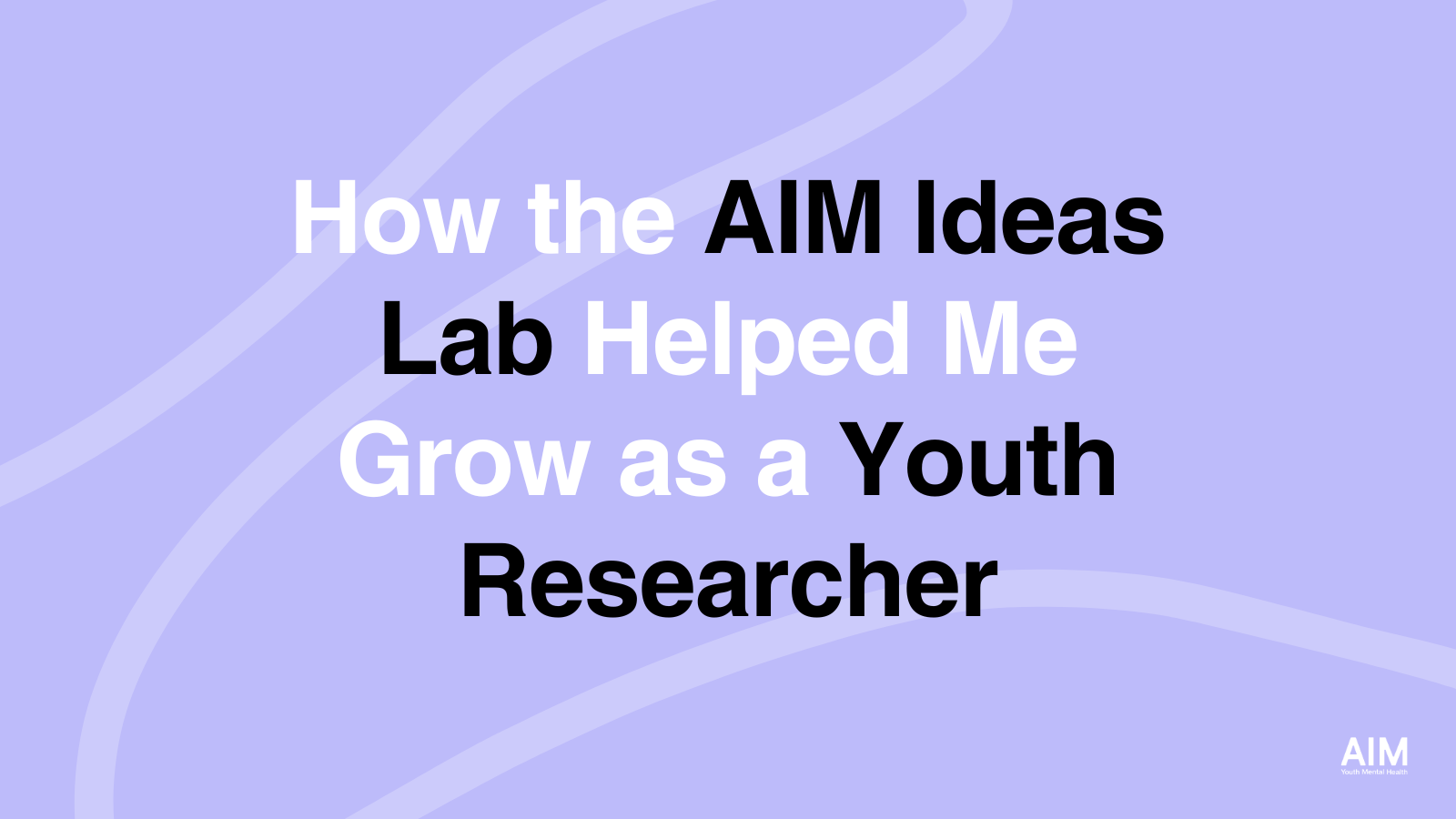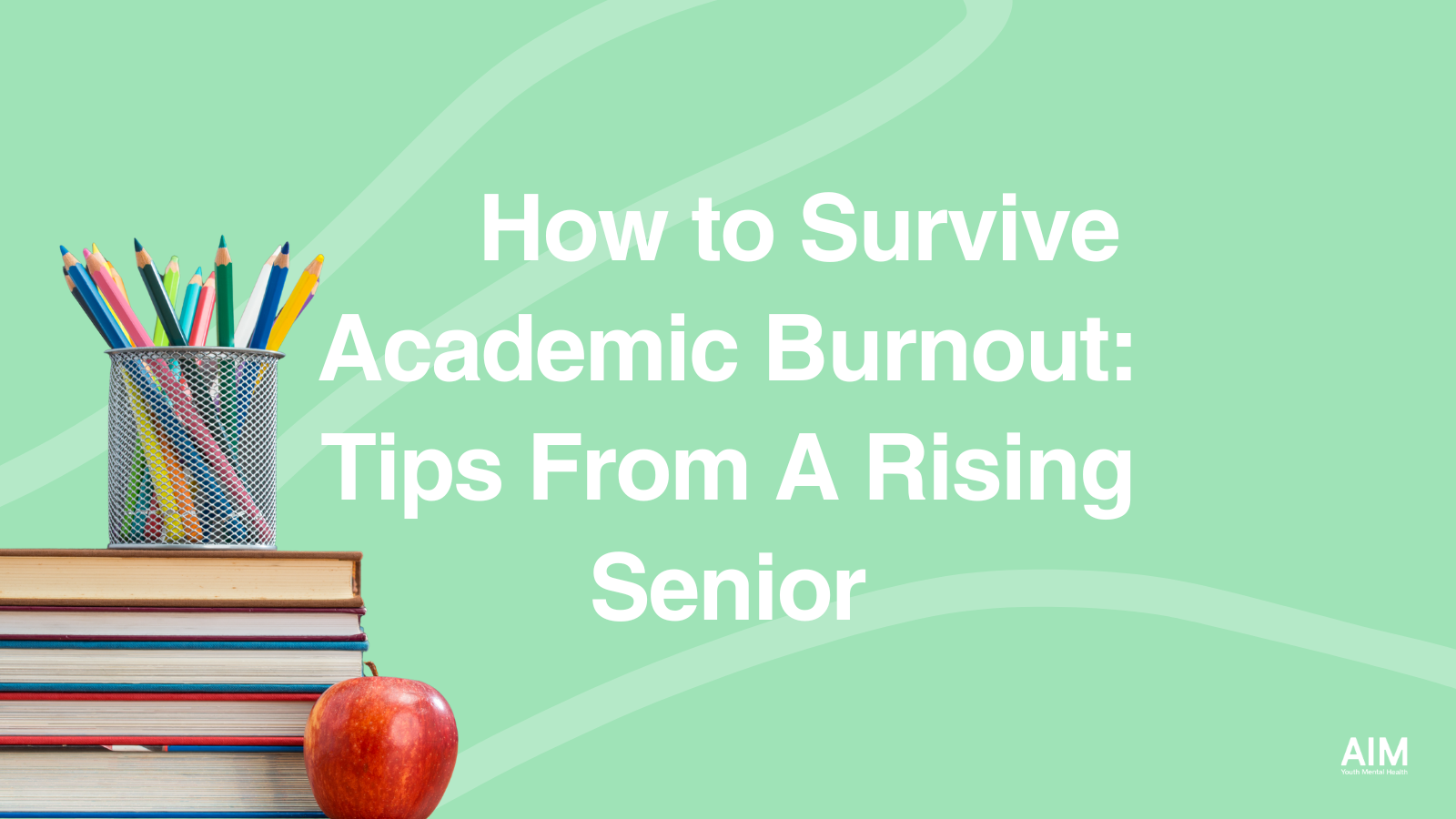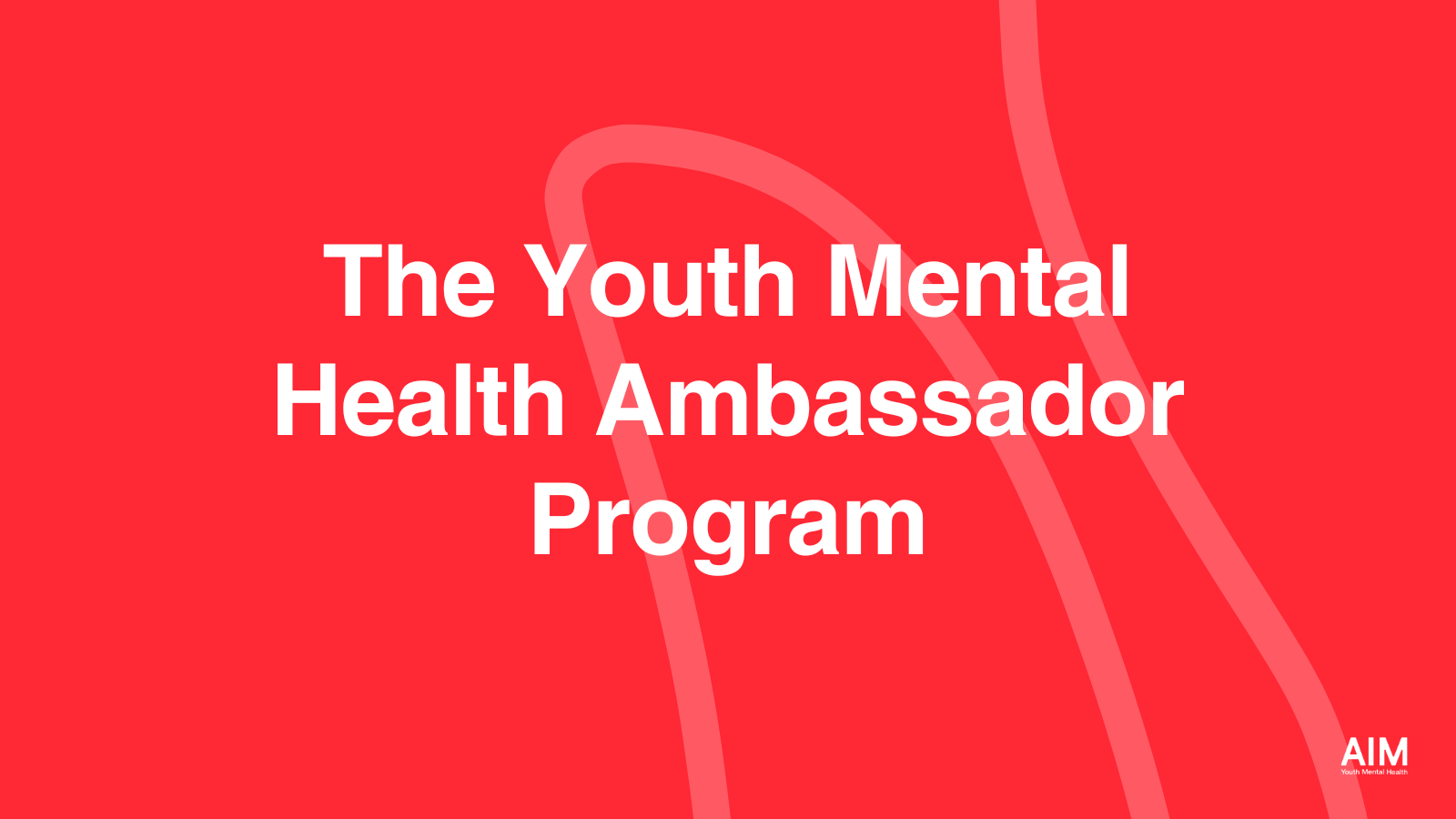Finding yourself in a healthy relationship after trauma can feel like charting unknown waters.
By Meadowlark Monaghan, AIM Youth Advisory Board Member
Sometimes, you feel filled to the brim with gratitude and love to be on this new journey. Other times, it’s as if the rug is going to be pulled out from under you at any given moment. Learning to feel safe within a relationship, particularly after trauma, takes compassion for yourself. And above all else, it takes self love.
With another AIM Mind, Body, Soul event just around the corner (RSVP here!) I could not be more thrilled that our theme for these upcoming panel discussions revolves around self love. Self love is the first (and in my experience, arguably the most imperative) step to settling into a healthy relationship after trauma. In the same vein of how we speak to self care, you have to fill your own cup before you can pour into another’s.
This applies to all categories of relationships as well. Focus on the love you have in your life, not where you feel you lack it. Whether the nature of that love is romantic, platonic, or familial—use self love as your guide to navigating healthy relationship dynamics after trauma. No matter what the relationships in your life look like, we can all start with ourselves. Read on to learn how to use a self love perspective to regulate into healthy relationships after trauma.
1+1=3
If I could deduce love into a formula, it would be: 1+1=3.
Love is not just about two people. Love takes you, someone else, and a relationship. A healthy relationship involves love for yourself, love for someone else, and love for the relationship that unites the two of you.
Each of these three require nurturing, separately and together. Acknowledging your partner, friend, or family member as a separate entity from the relationship creates a healthy distinction between two, individual people and the relationship between them. This reframe parcels out what baggage is yours or theirs, allows you to separate your conditioning from the nature of your relationship, and overall creates healthy boundaries that (ironically) foster closeness. From there, you’re able to see when your actions are supporting your partner and/or your relationship. At times, these will be different things! I don’t do the majority of the dishes for my partner because I love him, I do it because it’s my agreed-upon chore assignment. This way, I never have to do laundry a day in my life. In other words, we help each other with house tasks because we love each other. We agree upon mutually-decided, chore assignments because it feels like a fair dynamic for our relationship.
By remembering to value each of these as separate entities, you also make space for boundaries that prevent you from falling into enmeshment or codependency—unhealthy dynamics that no longer serve us. By seeing yourself as whole and complete on your own, you create space for other love to come into your life, without the expectation for it to complete you. By starting with self love, you set yourself up for a healthy dynamic before a relationship even begins.
We are more than the experiences we have.
Unfortunately for us all, trauma is a great unifier. We all have experienced trauma. Despite whether our trauma refers to the loss of a beloved pet or having parents with an abusive relationship, distressing life events impact our brain. In response, the brain creates trauma responses to protect us from pain we’ve experienced. Isn’t that sweet! However, what happens when we’re no longer in that experience?
When your mind is accustomed to unhealthy dynamics, it becomes comfortable with that perspective. It knows what to expect. If our brains had a say in the matter, they would prefer to go through a similar traumatic experience because it could then generate familiar options for coping through it. As a result, new experiences may register as unsettling, even when what’s new is healthier for us.
When it comes to our relationships, unhealthy family modeling, friendships without boundaries, the dynamic of our first relationship, all impact how we move through our relationships today. Looking back on our formative experiences and patterns allows us to disseminate what trauma is ours before bringing that baggage into a partnership.
Life likes to present us with scenarios to learn a lesson until we’ve learnt it.
If you experienced codependent friendships in high school, it’s likely that you still have codependent relationships with your family, friends, or even coworkers. This is where self awareness of our conditioning becomes integral to breaking unhealthy patterns. By discovering where we are falling into an old narrative of teenage codependency, we can then break-through that pattern by rewriting our experience in the present. (Tip: neuroplasticity helps a lot here!)
It’s important to recognize that this requires deep, mental health work. The type of work that you can’t wrap with a bow and present to a new partner as a Valentine’s Day gift. This work never ends, therefore it’s important to recognize that we are never done healing. In that vein, we (and our partners) are not projects to “fix” or “heal”.
Healthy relationships aren’t formed to help heal each other; healthy relationships heal alongside one another. Utilizing the 1+1=3 perspective enables us to remember to create this space of healing alongside one another. We’re not each one half of a whole, we are whole and complete on our own. Coming together doesn’t complete love, it simply creates more of it.
So, let’s unpack self love, together.
The work is never complete, therefore we make the journey better by doing it together. Here are some journal prompts on self love and relationships to write out in your favorite notebook stream of consciousness style, to chat through with your partner over date night, or even to bring to a next therapy session.
Self Love + Relationship Prompts:
- Am I able to easily express love to myself? How?
- Am I able to easily express love to others? How?
- What relationships am I grateful for?
- What is the difference between love and respect?
- What was my parents/caregivers relationship like as I was growing up? How did that impact the way I viewed partnership as a child?
- Do I feel emotionally safe in my relationship?
- What aspects of myself that I don’t align with come up in relationships or while fighting with a partner? How can I show that part/those parts of myself compassion?
- What does unconditional love mean to me?
- Is it easier to give or receive love?
- What is challenging about love?
- What is rewarding about love?
______________________
About the Author
Meadowlark Monaghan (she/hers) is a consultant using her knowledge gained as a mental health professional to act as a liaison between brands, creators, + online communities with the field of psychology and mental health. She also co-hosts the personal development podcast, Thoughts May Vary. Her work has been seen with Madhappy, Local Optimist, The Mayfair Group, Lonely Ghost, AIM Youth Mental Health, NAMI San Diego and more.





